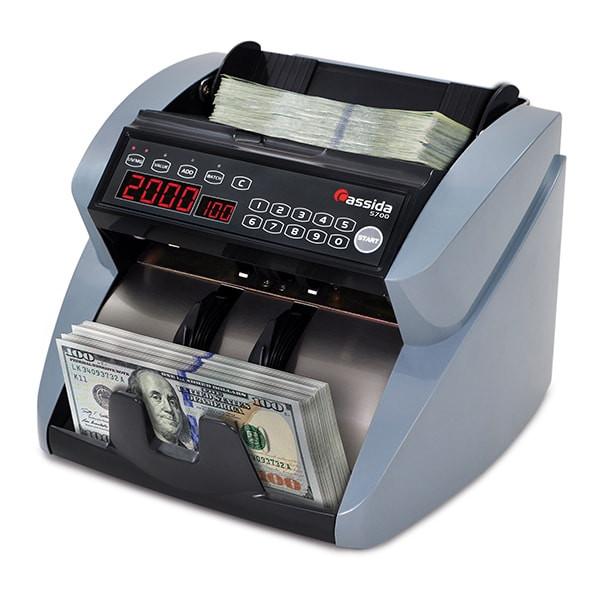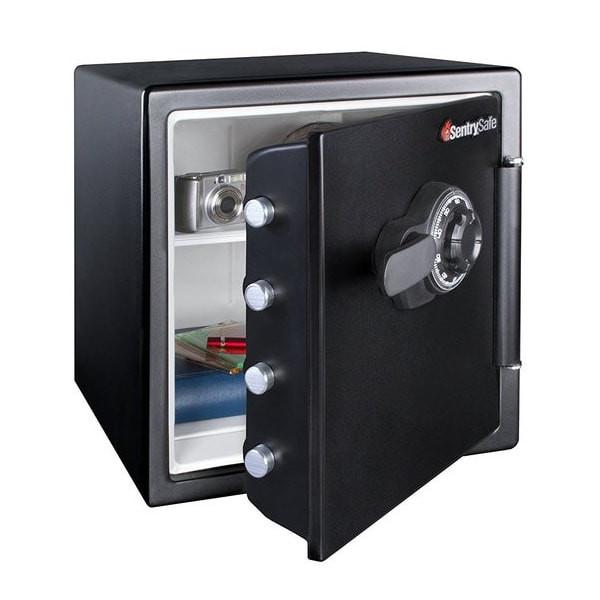Countering Counterfeiting - The Battle Against Invisible Forces

How often do you shop for bargains, and settle for a knock-off of the original product? Sometimes, this product can suitably replace the one you originally wanted, but oftentimes the product is a counterfeit version and can have dire consequences. Witness knock off perfumes whose contents contain urine and children’s clothing which lacks flame retardant. Other products, like counterfeit auto parts and counterfeit pharmaceuticals can lead to death.
This form of insidious domestic terrorism makes us feel violated and taken advantage of. To combat this heinous crime, consumers and businesses must assume a posture of vigilance when purchasing or ordering a product.
The Better Business Bureau, the watchdog of consumer activity, offers the following tips to prevent being victimized by counterfeiters:
- Only do business with reputable companies. Don’t purchase an imitation because it is cheaper. Be certain it is the real thing. If you are not sure whether the product is genuine, call the manufacturer and ask them which vendors are contracted to sell that brand.
- Be aware of certain signs of counterfeiting: blurred or torn labels, misspelled or altered product names, sudden changes in content, color, smell or packaging, missing codes, missing guarantees or licensing agreements.
- Don’t trust suspiciously low prices. Do your homework! Investigate vendors or businesses who are selling the brand product at ridiculously cheap prices. You may contact the Better Business Bureau if you are unsure.
- Avoid the temptation of buying imitations from street vendors, at flea markets, home parties or online auctions. For example, if you are purchasing an autograph at e-bay, request a certificate of authenticity. Remember, imitations are of low quality because the counterfeiters take short cuts to save money.
- Finally, be especially aware of low health or car insurance premiums. You get what you pay for and low premiums usually signify minimal coverage.
Remember, when it comes to shopping, it pays to use common sense. If a price is too good to be true, it probably is. Be skeptical and vigilante. Check for damage, and pre-use. Even when it comes to shopping, there is no cost high enough for your health and safety.




Leave a comment